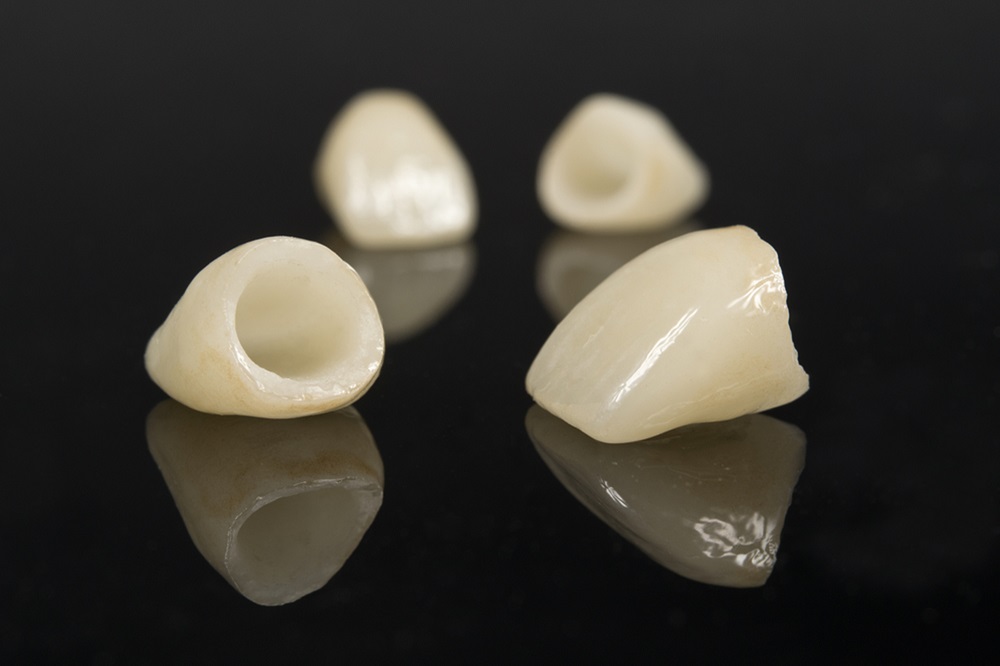The five most common reasons you may require dental crowns in Waterloo include the following:
● To replace missing teeth by being attached to a dental implant
● To protect a tooth that has undergone a root canal to eliminate serious infection
● To restore the structural integrity of a tooth weakened by cracks, cavities, large fillings or injury
● To anchor traditional dental bridges to replace missing teeth
● To cover and perfect the appearance and shape of badly discoloured or misshapen teeth
Dental crowns can be used anywhere in your mouth, including in prominent locations in your “smile” or “social” zone. Crowns are designed and crafted to perform their function and sit naturally in your jaw without looking like an artificial dental restoration. In recommending and designing dental crowns for you, the staff at a dental clinic in Waterloo will keep cosmetic concerns in mind to ensure that your crowns match the colour, texture and shine of your healthy natural teeth.
Dental crowns are made from metal alloys, porcelain, ceramic materials and combinations of those materials. Each material (and combination of materials) offers different advantages and disadvantages, including varying strength levels, durability and capacity to withstand high biting forces and pressures. Choosing which material is right depends on carefully assessing your teeth and circumstances. Choosing the right material is based on two especially important criteria: where the crowns will be put in your mouth (front teeth vs molars, for example); and what the crowns need to accomplish (covering a discoloured tooth or anchoring a crown, or both, for example).
What is the process of getting dental crowns?
Treatment plans for providing dental crowns vary from person to person, but all include the following core elements. (As noted below, the process differs for dental crowns that replace teeth using dental implants.)
● Our dentist near you will remove a layer of enamel from the tooth to receive a crown, remove any tooth decay and reshape the tooth if required to create a surface to bond to the crown.
● Once the tooth to receive the crown has been prepared, our dentist will take impressions of your teeth to guide the preparation of a crown to fit over your tooth perfectly. If you receive same-day crowns, digital images will be taken of your teeth to provide data to a computer-aided design and manufacturing (CAD/CAM) system in our dentist’s clinic.
● The third step — preparing your crowns — happens in several ways. If you’re receiving traditional crowns, your impressions will be sent to a dental laboratory where technicians will create a crown to fit your tooth and play a critical role. If you are receiving same-day crowns, the data gleaned from the digital scans of your mouth will be sent to a computer and milling system in our dentist’s clinic. The CAD software in that system will design a crown for our dentist’s review. Once our dentist has confirmed that design, the CAM machine in our clinic will mill your crown from a ceramic block while you wait (usually for approximately one hour).
● When your dental crown is ready — in a couple of weeks for traditional crowns and in approximately an hour in the case of same-day crowns — our dentist will confirm the crown fits properly before permanently cementing the crown to your tooth with a specialized dental bonding cement.
Dentists recommend dental crowns near you for many dental needs — restorative and cosmetic. Whether your dental priorities relate to the appearance or shape of teeth, replacing missing teeth or protecting a damaged tooth, ask our dentist in Waterloo if dental crowns are an appropriate option for meeting your needs.

